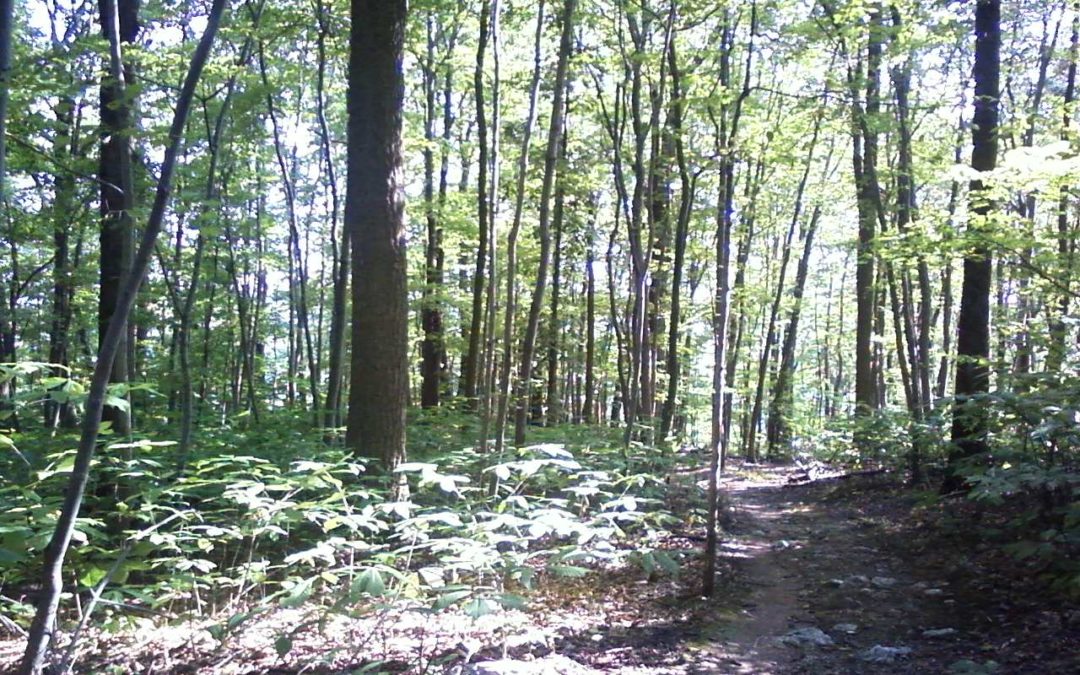Twenty years ago this season, I published an article in the Eastertide edition of the Sewanee Theological Review called “Discernment and the Work of the Church” drawing on my own experience as a lay person active in the church and constantly seeking God’s will for my life, to explore what “call” and “vocation” mean for all of God’s people. It was offered in the context of a church that tends to equate “discernment of call” or “vocation” with the call to professional ordained ministry in the church (in my case the Episcopal Church).
It has really been my life’s work to reclaim for everyone the invitation to seek out the particular ways in which we are created and called to live and serve as agents of reconciliation and love in the world. Not to deny the genuine and joyful call of those in ordained ministry, but to insist that “Discernment” is a Christian prayer-practice for everyone
Various Christian communities over the centuries – the Benedictines, the Jesuits, the Quakers – and others – have offered intentional prayer practices that invite and deepen our ability to “discern” – to choose among options, to find clarity in what seems like fog or darkeness. . ( I should add this need not be a uniquely Christian practice. I believe everyone has access to the holy in their lives and there are many paths for seeking this. But within the Christian tradition, we proclaim a God who is constantly inviting us to live in what this season calls Resurrection Hope – the confidence that transformation is possible, even in the most troubled and broken of human situations, and that the Holy Spirit works through us, broken and confused as we are. And we have a rich tradition to draw on for practices of discernment.
Most of these practices are amplified and deepened when we pursue them in community, so over the years I have been teaching classes and retreats inviting people to experience the ways that Christians have engaged in practices of intentionally listening for God’s invitations in our lives. . I regularly offer a Quiet Day in Virginia Seminary’s Lifetime Learning program to invite people to experience this practice in various forms. This past weekend I actually offered the retreat on zoom, and was pleased to see that we were able to experience the power of discernment in community, even though I still feel there is no substitute for being together, and present to the Spirit “in the room”.
I usually open a retreat by inviting people, not to look at the future (what shall I do, what do I want to be when I grow up), but to look at where we are, right now. To help with this I ask people to consider 5 questions that open up our practice of discernment in community. In these times when we can’t gather in community, I offer them here as a way to take advantage of these times when we must remain in the now – when we can’t really predict the future. And so, starting where we are, if we are feeling restless, called to change of shift something, we can start with these questions:
- The PROFILE question – this is the quick answer when we first meet someone and they ask “what do you do” some other superficial question (“where are you from” can be another, loaded question in this category
- The “PURPOSE” question: What is the work or activity that makes me feel whole and alive when I am engaged in it.
- The “PASSION” question: when I look at the world around me, my community or a wider circle of community, what is it that breaks my heart, that calls me to say “this has got to change (even if I can’t imagine how I can do anything about it – just the feeling)
- The PEOPLE question: Who are the people I turn to for the deepest kind of support. When I say “we”, who do I mean?
- The PRAYER question: How do I pray? What are my spiritual practices (the things that I do because of what I believe or because of my sense of spiritual identity?)
Vocation, I always say, is what God is doing, in the present moment, with the answers to thsese questions. Sitting with them keeps us in a place of “not knowing “ but can help get us in touch with our deepest yearnings, in the space in our hearts where we can most clearly listen for the voice and presence of the Holy One in our lives.
